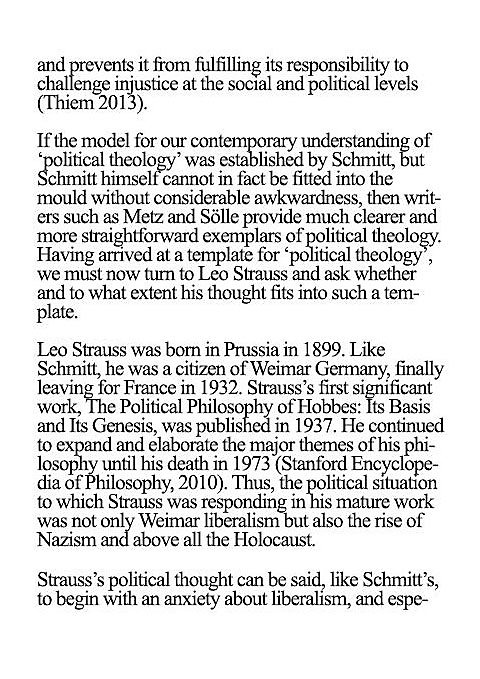Unit 2: Go The Distance: Academic reading
Select a unit
- 1 Go The Distance: Choosing distance learning
- 2 Go The Distance: Academic reading
- 3 Go The Distance: Academic talk
- 4 Go The Distance: Academic writing
- 5 Go The Distance: Finding and using source material
- 6 Go The Distance: Going the distance
- 7 Go The Distance: Critical thinking
- 8 Go The Distance: Social learning
- 9 Go The Distance: Projects
- 10 Go The Distance: Succeeding in exams
Session 4
Academic Writing 2 – Paragraphs
Welcome back to our Academic Writing course – bringing you the essential knowledge and skills you need to be an effective writer in your study life. This time we're looking at a crucial feature of academic writing: the paragraph!
Activity 1
Ever had problems with your paragraphs?
One of the main features of good academic writing is effective use of paragraphs. Scroll down and do the activities to improve your paragraphs for better assignments.
Try the activity

Paragraph structure
When you are writing essays and assignments, you need to organise your writing into paragraphs.
What does a paragraph look like? In the picture, which shows an extract from an essay, we can see four paragraphs: the end of one paragraph, followed by two complete paragraphs and finally, the beginning of another paragraph.

Basic paragraph structure
Good paragraphs usually follow a particular structure:
- Topic sentence
- Supporting sentence 1
- Supporting sentence 2
- Supporting sentence 3
- More supporting sentences (as required)
- Concluding sentence(s)
Get on top of topic sentences
A good paragraph often starts with a topic sentence, which summarises the main idea of the paragraph. The topic sentence sometimes includes 'signposting' words and phrases to show how it is connected to the paragraphs before it in the text. Some examples of these are: 'As a result of this...', 'Another reason...' and 'However,...'
To do
Below is a paragraph from an assignment from an education management course. Read the assignment title and the and topic sentences 1- 3 below. Then read the paragraph and decide which topic sentence is the most suitable.
Assignment title
What strategies are available to educational leaders for managing institutional change?
Which topic sentence is best for this paragraph?
[Topic sentence] Firstly, leaders must ensure that their own understanding of the change process is clear and complete before they begin to implement change (Calabrese 2002). In particular, leaders must recognise that change almost inevitably results in some degree of resistance on the part of school staff, and must identify any issues which are likely to cause particular resistance. Having done this, leaders need to design communication strategies and any related CPD in order to minimize the effect of this resistance. Badely (2013) recommends that in any situation of major institutional change, educational leaders should always design and implement a series of dedicated training sessions.
Possible topic sentences
1. Before this question can be addressed, definitions of the terms 'educational leader' and ‘institutional change’ must be established.
2. When change is imminent, it is necessary for educational leaders to make appropriate preparations (Zimmerman, 2004).
3. According to Zimmerman (2004) there are four basic types of educational change.
Which topic sentence is best for this paragraph?
1 Questions
Choose the most suitable topic sentence for the paragraph above
Help
Activity
Choose the most suitable topic sentence for the paragraph above
Hint
The topic sentence should clearly state the topic that is going to be developed in the paragraphQuestion 1 of 1
Excellent! Great job! Bad luck! You scored:
Next
Now you've had a look at topic sentences, it's time to see what you know about suppoting sentences. Go to the next activity page to see what comes next in an academic paragraph!
Session Vocabulary
Find out more about distance learning – visit our partner,The OU
____________________